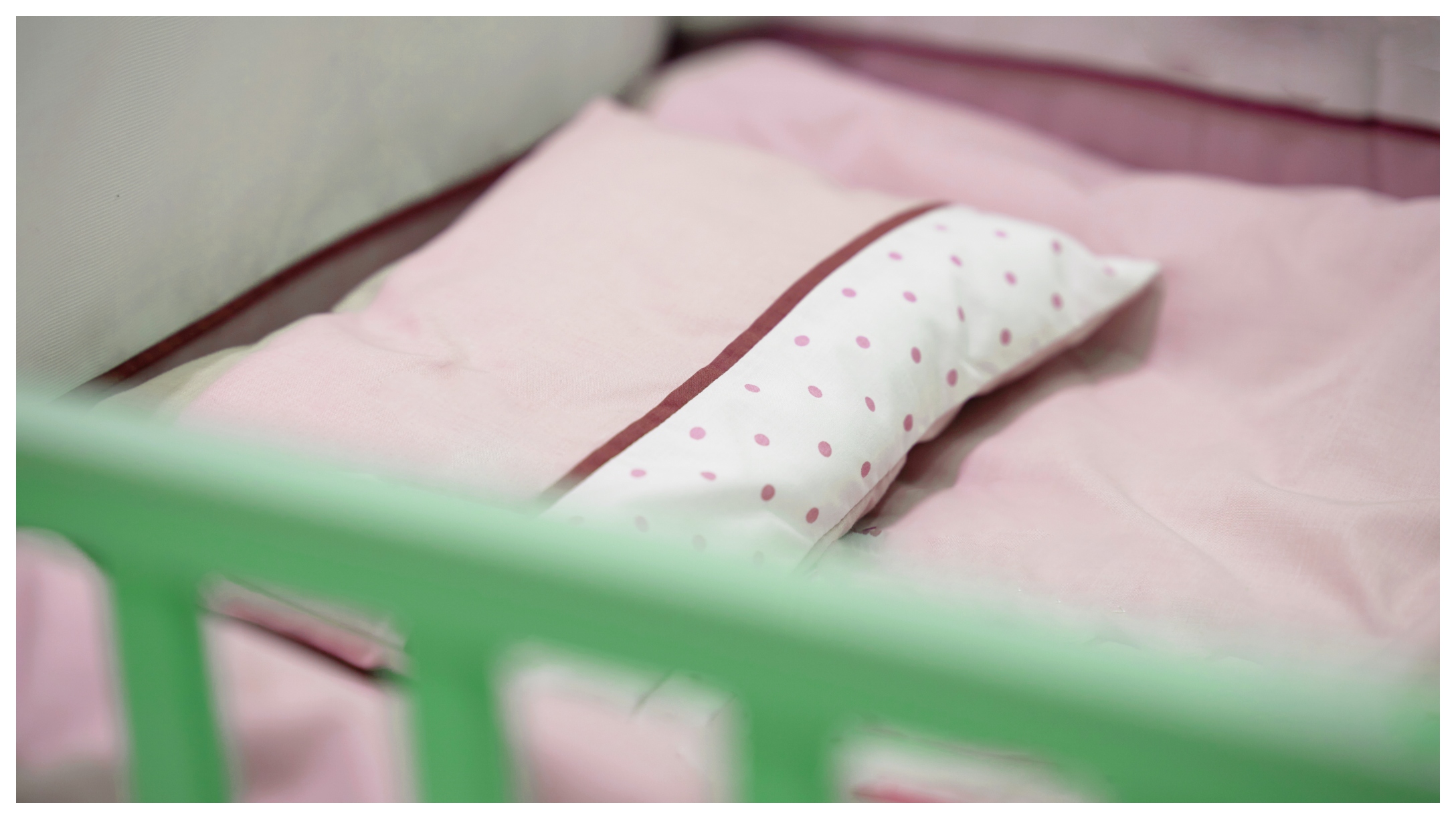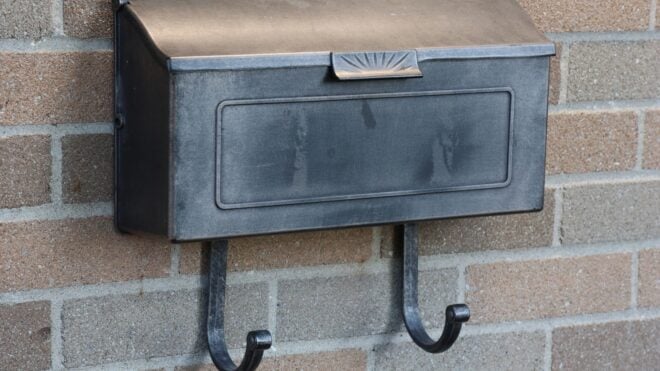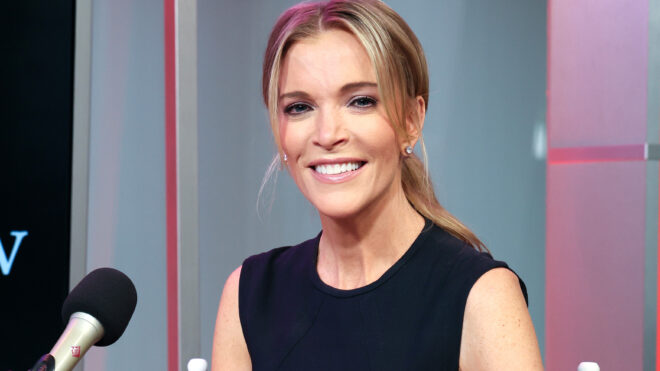
Most new parents in 2021 know about the dangers of padded crib bumpers. But that wasn't the case in 2010, when warnings first hit the news. The bumpers, which were supposed to make cribs cozier and help to keep babies from bumping their heads on the rails, were actually resulting in some infant deaths.
Laura Maxwell and her husband were the parents of a baby who died by suffocation due to a padded crib bumper. Laura told Good Morning America about what happened that fateful day. She says her husband, Kyle, went to check on him one morning after he didn't make any noise. He found their 7-week-old son, Preston, motionless in his crib.
It's been 10 years, but finally, a new federal safety rule on the sale of padded crib bumpers is expected from the US Consumer Product Safety Commission. But for Laura and Kyle, it's been an excruciatingly long wait.
Maxwell tried to articulate how she felt when the tragedy unfolded in her own home. "I can't even adequately describe the scream that came from my husband's body," she said. "Just thinking about it sends chills down my spine. My husband was just standing there holding Preston in his arms and he's like pale and kind of blue."
She and her husband attempted to perform CPR on their son. Then she said she realized what had happened. "He rolled out of his sleep positioner and had suffocated completely on his bumper pad," she said. "It was very evident from the way that he was found exactly what caused his death."
The couple sued and settled with the manufacturer of the crib bumpers. But that wasn't enough. They wanted to make sure this didn't happen to other infants. But change would be far off.
Maxwell says that she really knew nothing of crib bumpers being unsafe at the time. "I just didn't think anything bad," Maxwell said. "I mean, you go into a store and they have this bed in a bag, and you just think, 'Oh, that's a cute design, and everything that's being sold on a shelf has to meet safety protocols.'"
Crib bumpers are no longer recommended, especially ones with padding. But they're still sold in a lot of major retail stores, even though they pose risks.
"Moms don't know this information," she said. "This information is not out there, and I'm going to do whatever it takes so that not only are these companies held responsible, but people hear the stories."
The CPSC, the federal agency tasked with regulating infant sleep products, already unanimously voted to ban the sale of padded bumpers that don't meet airflow requirements. But many people don't think that's enough. Maxwell is one of them. She believes padded bumpers shouldn't be sold at all.
"You don't think something like that, that is going to be sold, could possibly be a suffocation hazard, at least not in my mind," she said. "Through experience, you gain understanding and you realize, OK, I need to be a little bit more cautious about everything."
Maxwell is now pushing for new legislation. A bill called the Safe Sleep Act would make it illegal for the US to manufacture, distribute, or import crib bumpers. The bill has plenty of support, too. The American Academy of Pediatrics (AAP), Consumer Reports, and the Consumer Federation of America are all behind it.




